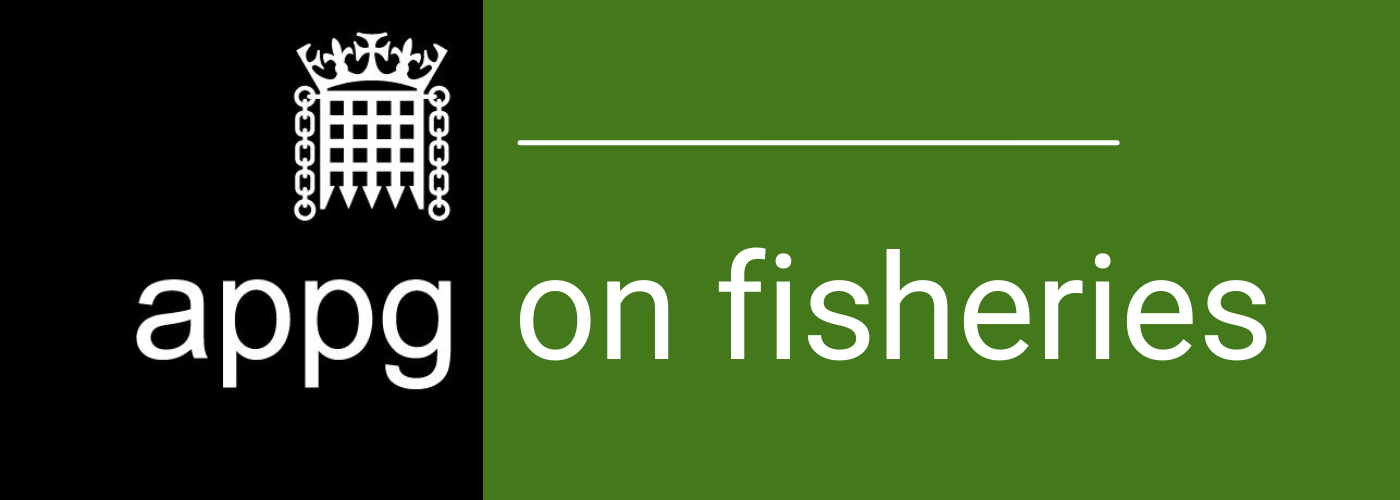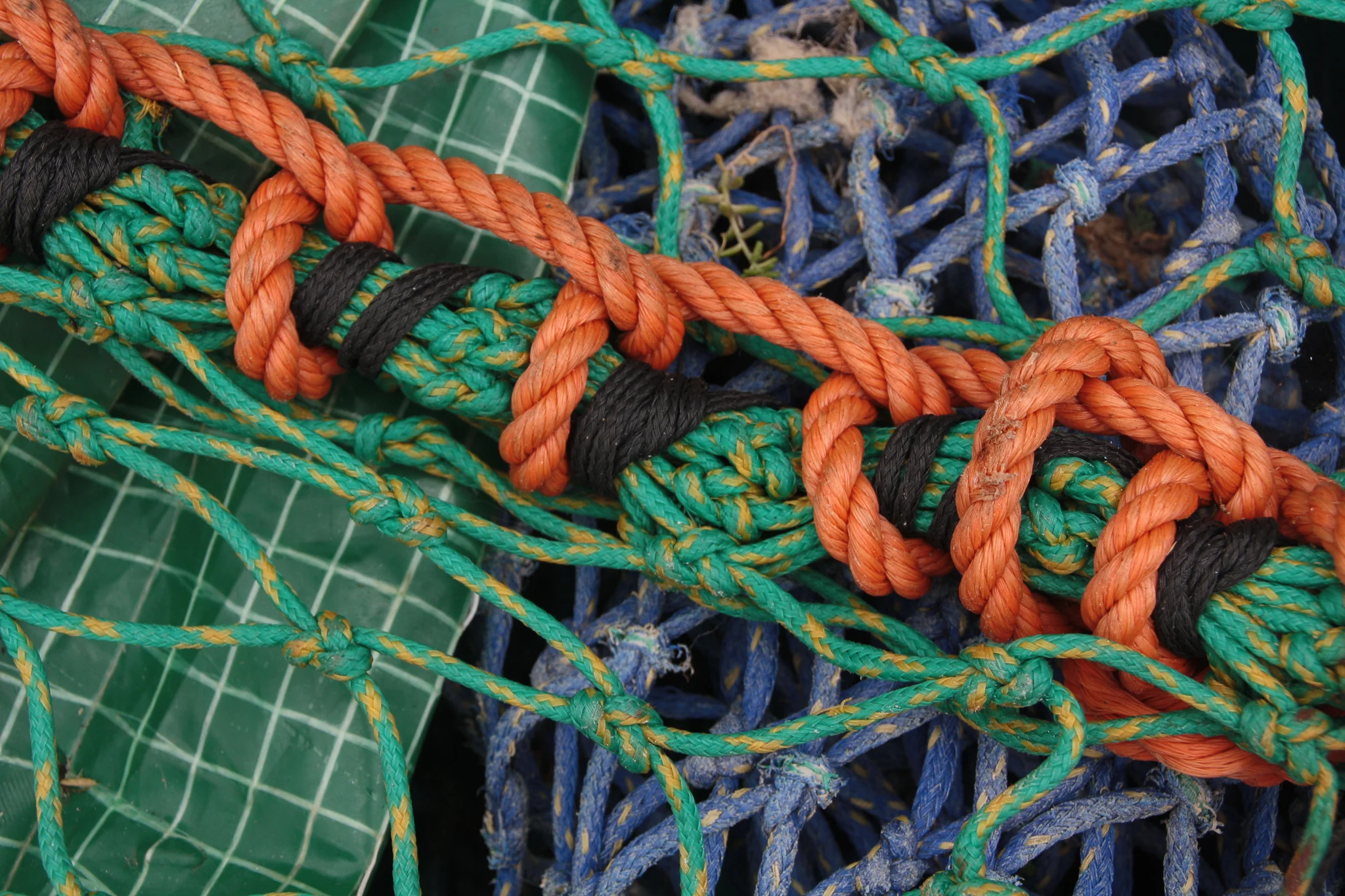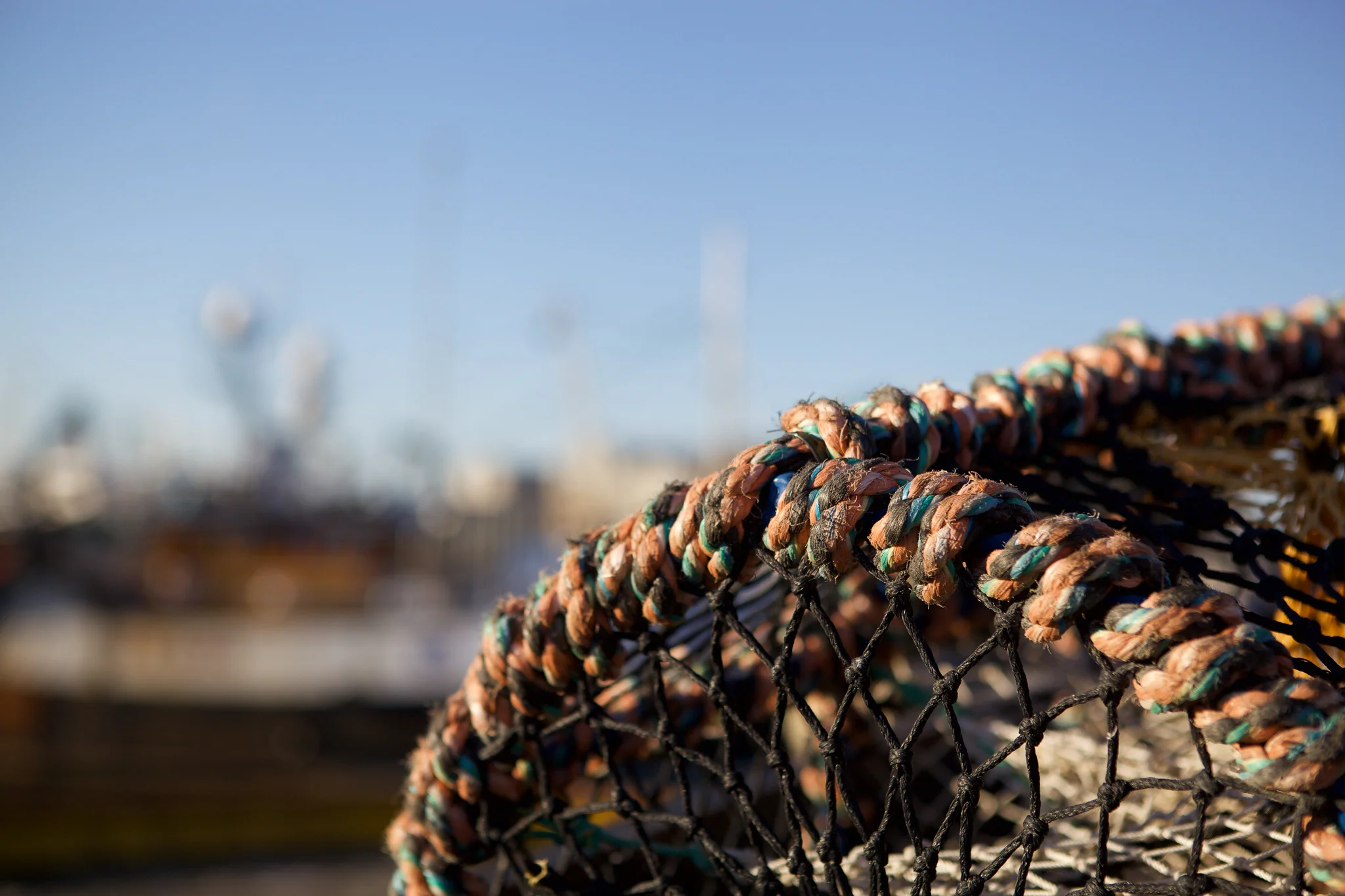In Part 2 of A National Conversation About Quota, the APPG Secretariat explores how different ways of allocating fishing opportunities can contribute towards the social, environmental or economic criteria of utilising the Maximum Sustainable Yield of a fish stock.
Opportunities After Brexit
Given the complexities, pros and cons associated with all management of fisheries; as a wild, publicly owned resource, the United Kingdom (UK) Government opened a public consultation on how to allocate any additional fishing opportunities that may become available after Brexit.
In line with principles laid out in the Fisheries White Paper, the Defra-led consultation considered the varied influence of social, economic and environmental issues related to how additional fishing opportunities may be allocated, post-Brexit.
Here, we will investigate some of the factors Defra are considering as part of the consultation regarding allocated additional quota, and unpack the concepts behind them. We will also explore how allocating quota in different ways can leverage social, environmental or economic benefits when reaching the Maximum Sustainable Yield (MSY) of a fish stock.
Tendering or Auctioning Additional Quota
One suggestion from Defra is for a portion of the additional quota to be tendered or auctioned. The concept is economically sound, as it would ensure a fee for service is collected to put towards resourcing the fisheries management behind this additional quota. It would also satisfy the economic criteria for using the MSY of a fish stock, by ensuring quota is distributed to those with a means to catch it. Additionally, a quota auctioning process is part of New Zealand’s fisheries management; whose fisheries quota management system is considered world class.
However, when considering the social and economic benefits of access to fishing - particularly considering it as a public resource, which should bring benefits to the public, this option becomes more complicated. A simple tendering or auctioning process would most likely result in the quota being bought by the entity with the largest budget, smaller scale fishers would not have realistic access to own the quota. This tendering process could potentially contribute to a system where the value of the quota becomes more valuable the catch of the fish itself. Without mitigation measures in place, this could create a social and economic imbalance between fishers and quota owners - a criticism that has been made of the New Zealand fisheries quota management system.
To mitigate larger companies monopolising any additional fishing opportunities, an additional layer of regulation would be needed - perhaps similar to the process employed by the Marine Management Organisation (MMO) to oversee quota leasing. Alternatively, installing a tendering approach that also takes other factors into account could proactively manage the imbalance. For example, the applicant’s environmental impact or benefit brought to their local communities may level the playing-field and allow smaller scale fishers more equitable access to any additional quota. This approach could help meet the social criteria for best utilising the MSY of a fish stock.
Limiting Effort For Some Inshore Fisheries
As discussed in Part 1 of this blog, fishing opportunities can be managed through effort. Defra has suggested that they may instigate a trial in which some inshore fisheries would be managed through effort limitations (days at sea) rather than through quota. Managing stocks through limiting effort is particularly useful where detailed stock assessments are not available for newly targeted species.
However, it is unclear for which fish stocks Defra would be seeking to complete this trial and whether the trial would apply to species that are already being targeted, or those that are new to the market. Without knowing this, or the stock status of these fisheries, the environmental impact of the trial is uncertain. Additionally, determining which vessels or operators would have access to this trial regime requires social and economic considerations that would need added resourcing from the government and regulators.
As part of their consultation, Defra has highlighted that it would specifically require more concrete definitions of both inshore fisheries and low-impact fisheries. These ‘inshore low-impact fisheries’ are often publicly perceived to have the highest social benefits, and the lowest environmental impact. Therefore, the social and environmental benefits of allowing these fishers to trial an effort based system may satisfy the social and environmental criteria for utilising the MSY for a fish stock, although a more detailed assessment of what defines a low-impact fishery is needed.
Additionally, Defra have stated they are seeking to 'ensure our coastal communities derive maximum benefit from quota' through their additional quota allocation, and this type of effort-based trial may contribute to that effect.
Discussions on Redistributing Already Allocated Quota
There are varied views across the UK and the devolved administrations about whether to commence an overarching review into how all fishing opportunities in the UK are allocated. Specifically, there is additional discussion regarding the existing fixed quota allocation (FQA) scheme.
An amendment to the Fisheries Bill was discussed in Parliament in December 2018, which seeks a review of how all fishing opportunities are allocated in the UK. It suggests replacing the historical quota allocations of the FQA scheme by redistributing fishing opportunities on a basis that also considers criteria related to the impact of fishing on the environment, and its social and economic contribution to the local economy. The MPs making the amendment suggest it will allow smaller scale vessels a greater chance of accessing quota, and may drive more people into the small-scale sector.
Members of the small-scale fishing sector agree that a redistribution of FQAs should be addressed. The New Under Ten Fishermen's Association (NUFTA) supports a change to how fishing opportunities are allocated, calling for a greater focus to be brought onto the social, economic and environmental criteria of utilising the MSY of a stock when allocating fishing opportunities.
The National Federation of Fishing Organisations (NFFO) released a discussion paper in response to the amendment. The paper expresses NFFO’s support for the current FQA system and states that FQA ‘has played in shifting the main commercial fisheries in the UK fisheries away from the chaotic, unsustainable fishing patterns which were endemic in the UK in the 1990s.’ Additionally, it raises concerns that the amendment would prioritise small scale operations over larger, demersal vessels.
The Scottish Government have committed in their paper ‘Future of Fisheries Management in Scotland’, to keep the current FQA system, after Brexit and the finalisation of the Fisheries Bill through Parliament.
Future allocation of fishing opportunities in the UK is a highly complex issue and to best arrive at a workable solution for the whole UK fishing industry, ongoing engagement with the industry, including through formal consultation, is critical.
Please note that the APPG on Fisheries Secretariat is independently managed, and does not speak on behalf of the government. If you wish to quote any of the APPG’s publications, please get in touch.




